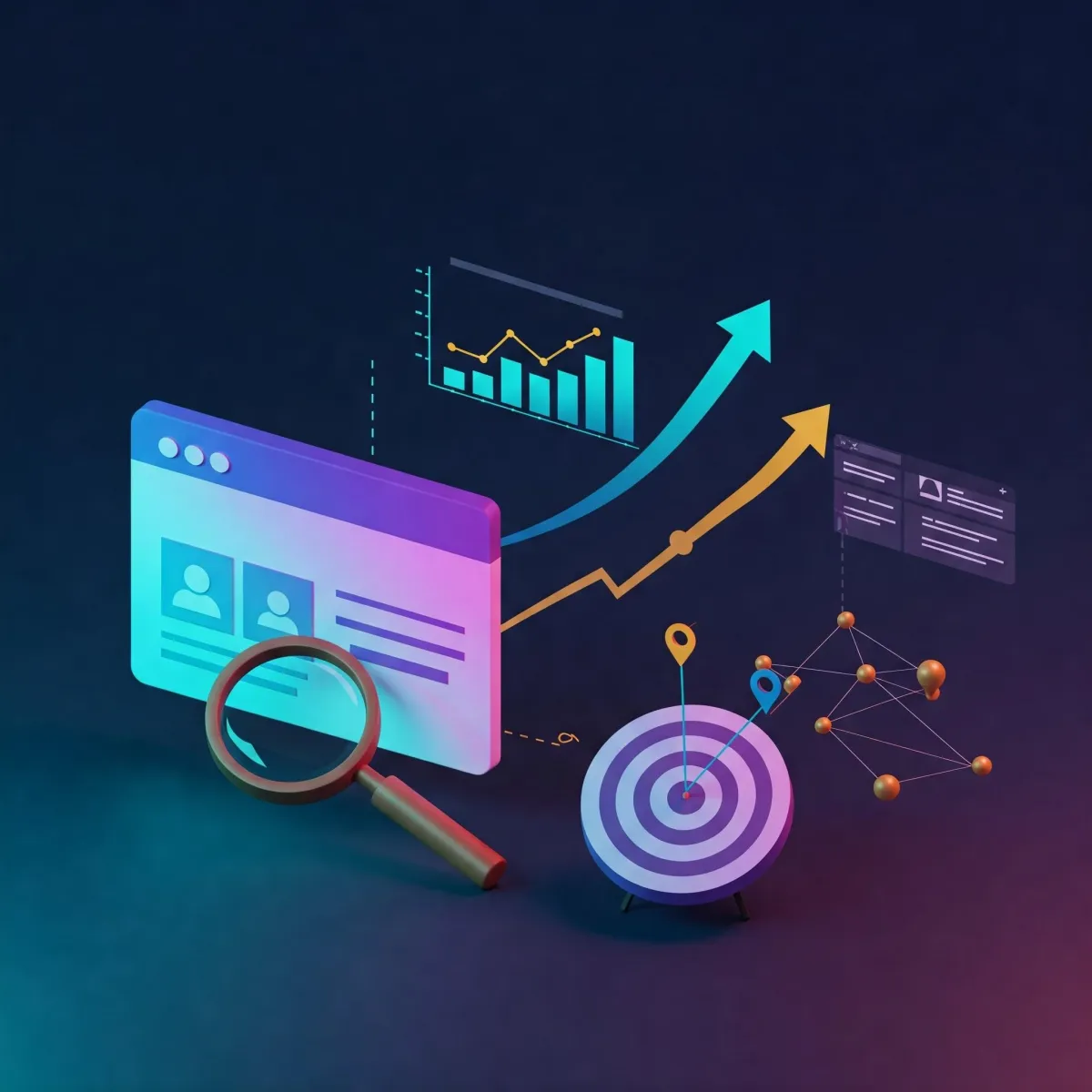
SEO - Unlock Your Website's Potential
Unlock Your Website's Potential: Why SEO Isn't Just Important, It's Essential
In today's digital landscape, having a website is no longer a luxury – it's a fundamental requirement for any business, creator, or organization looking to connect with its audience. You might have the most stunning design, the most innovative products, or the most insightful content. But what happens if no one can find you? That's where the magic of Search Engine Optimization (SEO) comes in.
SEO isn't some arcane art reserved for tech wizards. At its core, it's about making your website more visible and understandable to search engines like Google, Bing, and others. And when search engines understand your site, they're far more likely to present it to users who are actively searching for what you offer.
Think of it this way: Imagine opening a physical store in a bustling city. You wouldn't just unlock the doors and hope people wander in, would you? You'd put up a sign, decorate your windows, and maybe even hand out flyers to attract attention. SEO is the digital equivalent of all those efforts, ensuring your online "storefront" is discoverable in the vast digital metropolis.
So, why is SEO so critically important for your website's success? Let's delve into the key reasons:
1. Drive Organic Traffic: The Holy Grail of Online Visibility
Organic traffic refers to the visitors who find your website through unpaid search results. This is often the most valuable type of traffic because these users are actively seeking information, products, or services related to your niche. SEO helps you tap into this pool of motivated individuals, bringing qualified leads directly to your virtual doorstep – without constantly paying for ads.
2. Build Trust and Credibility: Ranking Signals Authority
When your website consistently ranks high in search results for relevant keywords, it signals to users that you are a trustworthy and authoritative source. People tend to trust the top results, perceiving them as the most relevant and reliable options. Strong SEO helps you build that crucial credibility and establish yourself as a leader in your industry.

3. Understand Your Audience: Data-Driven Insights
SEO isn't just about pleasing search engines; it's also about understanding your audience. By analyzing keyword research, search trends, and user behavior on your site, you gain valuable insights into what your target audience is looking for, the language they use, and their pain points. This information can then inform your content strategy, product development, and overall business decisions.
4. Improve User Experience: Happy Visitors, Happy Search Engines
Modern SEO goes hand-in-hand with user experience (UX). Search engines like Google prioritize websites that offer a seamless and enjoyable experience for their visitors. This includes factors like site speed, mobile-friendliness, clear navigation, and engaging content. By optimizing for SEO, you're often inherently improving the usability of your website, leading to happier visitors who are more likely to convert.
5. Cost-Effective Marketing Strategy: Long-Term Value
While SEO requires an investment of time and effort (and potentially financial resources for tools or expertise), it often proves to be a more cost-effective long-term marketing strategy compared to paid advertising. Once your website starts ranking well, it can continue to attract organic traffic consistently over time, reducing your reliance on ongoing ad spending.
6. Stay Ahead of the Competition: Visibility is Victory
In a crowded online marketplace, SEO can be the differentiator that sets you apart from your competitors. If two businesses offer similar products or services, the one with better SEO will likely attract more traffic, leads, and ultimately, customers. Ignoring SEO means potentially handing your competitive advantage over to others.
Getting Started with SEO:
The world of SEO is vast and constantly evolving, but the fundamental principles remain the same. Here are a few key areas to focus on:
Keyword Research: Identifying the terms your target audience uses when searching online.
On-Page Optimization: Optimizing the content and HTML of your individual web pages for relevant keywords.
Off-Page Optimization: Building your website's authority and reputation through link building and other external signals.
Technical SEO: Ensuring your website is technically sound and easily crawlable by search engines (site speed, mobile-friendliness, site structure, etc.).
Content Marketing: Creating valuable and engaging content that attracts and retains your target audience.
In Conclusion:
SEO is not a one-time task; it's an ongoing process of optimization and adaptation. However, the benefits of a well-executed SEO strategy are undeniable. By making your website discoverable, trustworthy, user-friendly, and aligned with your audience's needs, you unlock its true potential to drive organic traffic, generate leads, and ultimately achieve your online business goals. Don't just build a website – build a visible and successful website with the power of SEO.